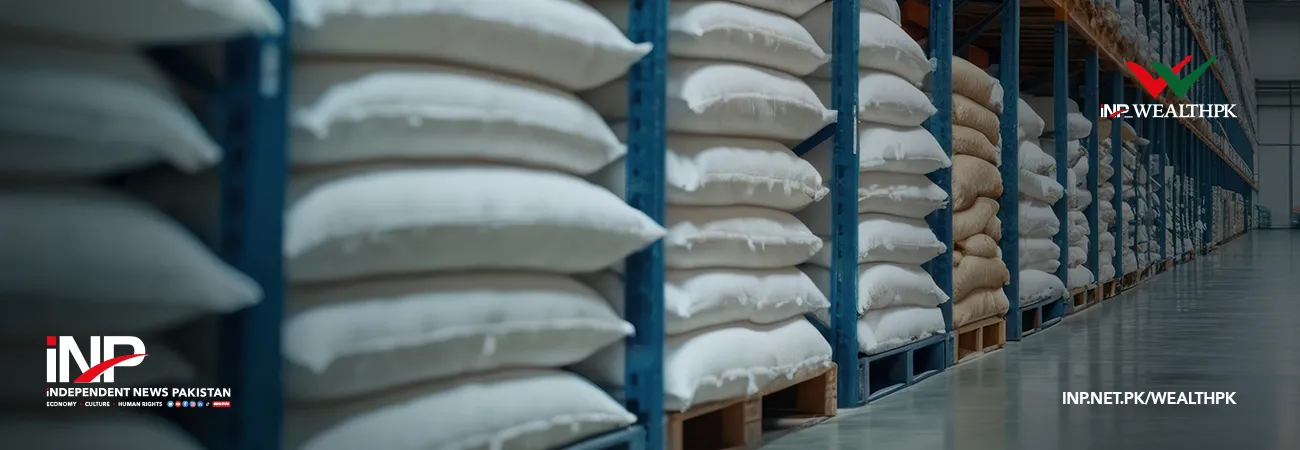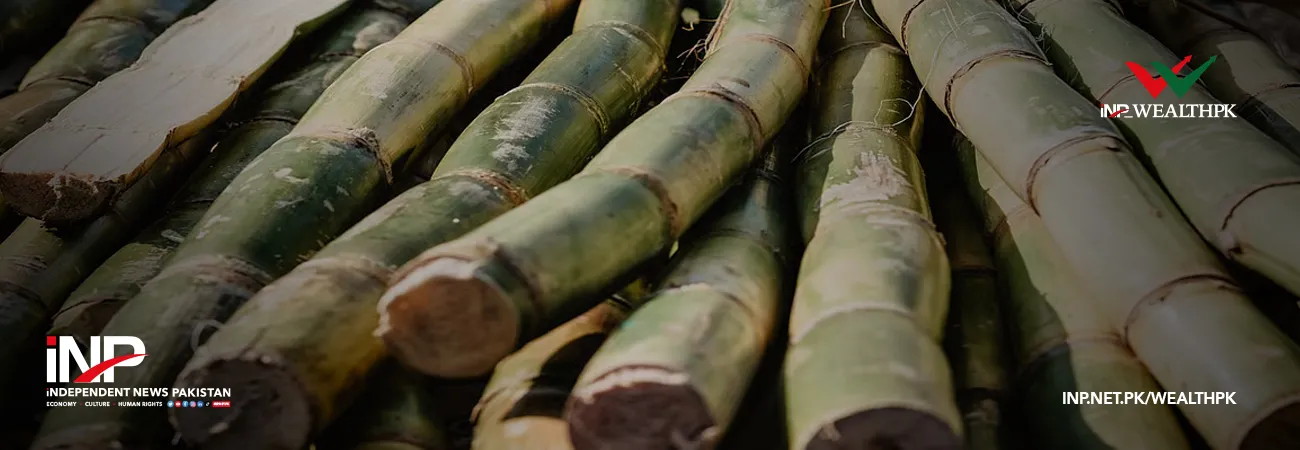INP-WealthPk
By Ayesha Saba
ISLAMABAD, OCT 29 (INP-WealthPK): Consumer financing has grown in Pakistan at an unprecedented rate, serving as a source of financial stability and better socio-economic status of the household through provision of personal loans, auto loans, house loans and credit cards.
A few decades back, people were not aware of banking products and services, as banks were few in number and they mostly worked in urban areas catering to the elite class. With the development of the banking sector, now common people have opted for bank financing for a better socio-economic status.
Consumer financing increased in Pakistan averaged Rs444,080.32 million from 2006 until 2021, reaching an all-time high of Rs902,382 million in July 2021 and a record low of Rs282,406 million in April 2012. Bank advances via credit cards expanded by 28 percent to Rs53 billion in April 2021 from Rs 42billion in the same month a year ago.
According to the SBP (State Bank of Pakistan) data, house building loans reached Rs95.5 billion in April 2021 compared with Rs86 billion a year ago, while personal loan figures rose to Rs230 billion in April 2021 as against Rs195billion during the corresponding period last year.
 In spite of robust growth, this sector still faces some issues and drawbacks due to which many people avoid buying the above-mentioned facilities.
High interest rates on loans, lack of consumer education about complex banking terms and conditions, service inefficiencies, hidden charges, poor disclosure practices, losing competitiveness in international trade, and weaknesses in regulatory framework are also critical factors in securing financial rights.
The central bank’s (SBP) tight monetary policy is also one of the key reasons behind the private sector’s falling demand for credit. High interest rates have made doing business increasingly expensive.
In September 2021, the State Bank of Pakistan revised Prudential Regulations to control consumer financing and it has clearly seen restrictions of auto-financing.
Maximum tenure of auto finance has been reduced from seven to five years and now overall auto-financing limits available by one person from all the banks in aggregate will not exceed Rs3 million at any point in time. In addition, the maximum tenure of personal loan has been reduced from five to four years. The central bank also kept the interest rate at 7 percent to support the economy during the COVID-19 pandemic.
In the wake of COVID-19, the global financial system faced the double challenge to support the stream of credit during the declining progress and to manage heightened dangers.
In this regard, the Government of Pakistan took decisions regarding operations and economy to minimize these effects. Before the outbreak of COVID-19, there were signs of economic recovery but unfortunately, the downfall started due to the pandemic. The overall economic growth in Pakistan contracted to - 0.47% in 2019-20 when it already had a weak economic growth of just 1.9 percent in the prior year. However, due to the timely intervention of the government (economic stimulus package), the economy began to revive.
Analysts believe that lowering interest rates will produce multiple benefits for all economic sectors, as it will lower the cost of doing business, give a strong boost to production activities, provide easy credit and loan facilities to consumers, promote better investment and exports and generate more tax revenue for the government.
The banking industry is the main source of financing and considered to be the backbone of any economy, and its role in economic growth and development is vital in a developing country like Pakistan.
The government should devise a comprehensive strategy to cover all areas, including formulation of legislation, provision of information, setting quality standards and awareness of consumers’ financial rights by holding various seminars and conferences.
In spite of robust growth, this sector still faces some issues and drawbacks due to which many people avoid buying the above-mentioned facilities.
High interest rates on loans, lack of consumer education about complex banking terms and conditions, service inefficiencies, hidden charges, poor disclosure practices, losing competitiveness in international trade, and weaknesses in regulatory framework are also critical factors in securing financial rights.
The central bank’s (SBP) tight monetary policy is also one of the key reasons behind the private sector’s falling demand for credit. High interest rates have made doing business increasingly expensive.
In September 2021, the State Bank of Pakistan revised Prudential Regulations to control consumer financing and it has clearly seen restrictions of auto-financing.
Maximum tenure of auto finance has been reduced from seven to five years and now overall auto-financing limits available by one person from all the banks in aggregate will not exceed Rs3 million at any point in time. In addition, the maximum tenure of personal loan has been reduced from five to four years. The central bank also kept the interest rate at 7 percent to support the economy during the COVID-19 pandemic.
In the wake of COVID-19, the global financial system faced the double challenge to support the stream of credit during the declining progress and to manage heightened dangers.
In this regard, the Government of Pakistan took decisions regarding operations and economy to minimize these effects. Before the outbreak of COVID-19, there were signs of economic recovery but unfortunately, the downfall started due to the pandemic. The overall economic growth in Pakistan contracted to - 0.47% in 2019-20 when it already had a weak economic growth of just 1.9 percent in the prior year. However, due to the timely intervention of the government (economic stimulus package), the economy began to revive.
Analysts believe that lowering interest rates will produce multiple benefits for all economic sectors, as it will lower the cost of doing business, give a strong boost to production activities, provide easy credit and loan facilities to consumers, promote better investment and exports and generate more tax revenue for the government.
The banking industry is the main source of financing and considered to be the backbone of any economy, and its role in economic growth and development is vital in a developing country like Pakistan.
The government should devise a comprehensive strategy to cover all areas, including formulation of legislation, provision of information, setting quality standards and awareness of consumers’ financial rights by holding various seminars and conferences.





